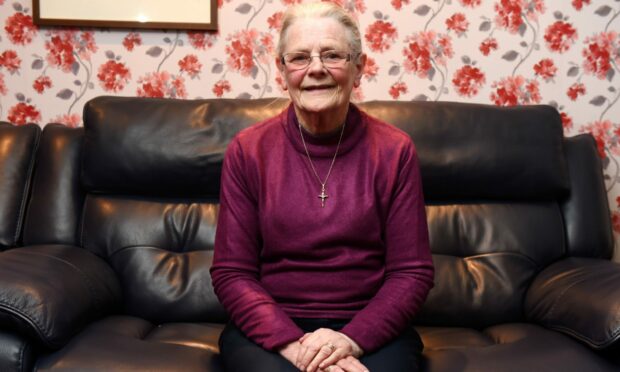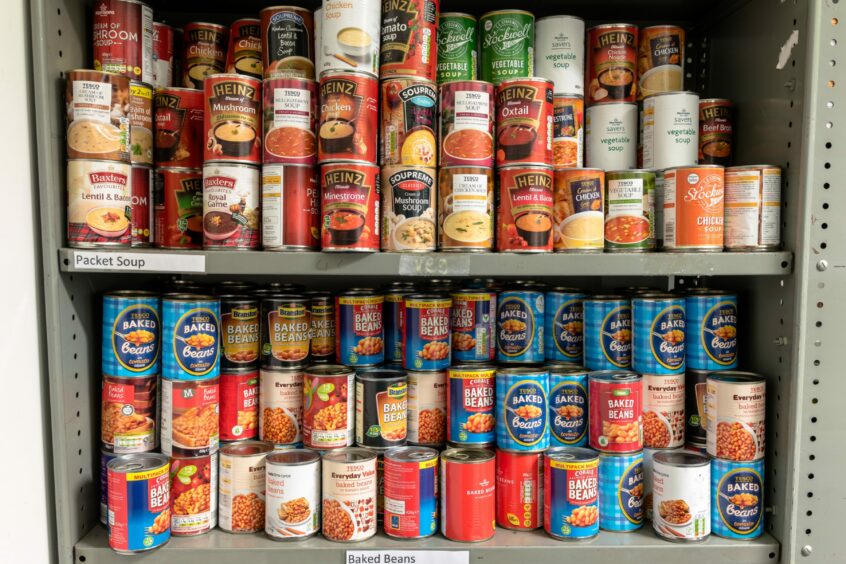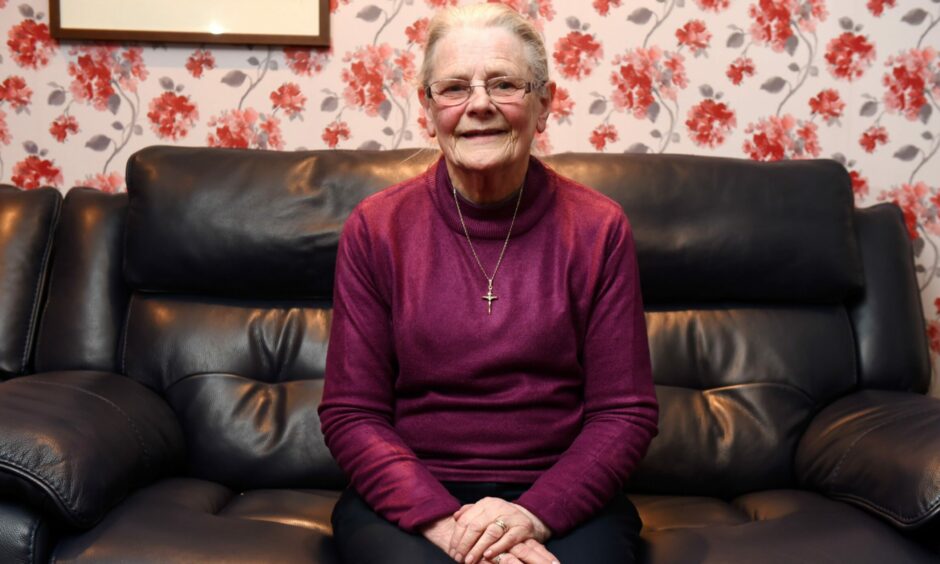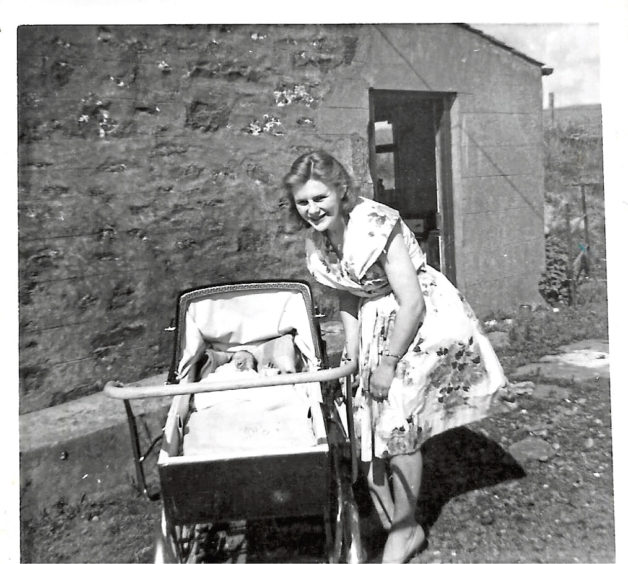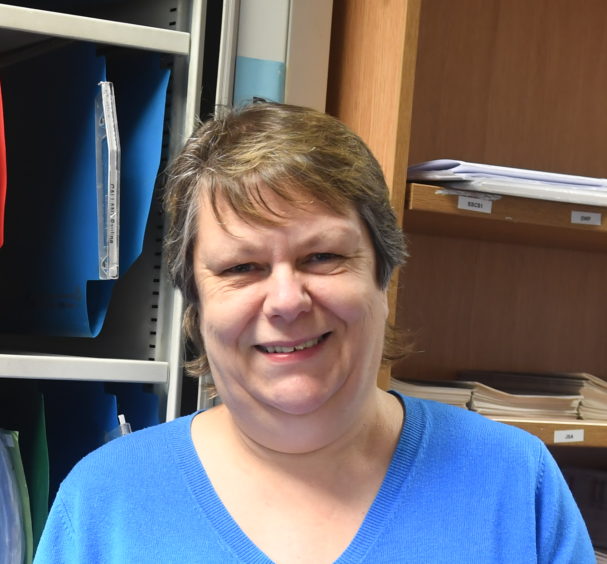“Do you mind me asking how much it cost?”
Always a tentative question tinged with hesitation, whether you’re asking about your neighbour’s new hosepipe or their all inclusive break to Tenerife.
Because it’s vulgar to talk about money, isn’t it?
You can tut at soaring fuel prices, but best keep it to yourself if you’re struggling.
But it is this stigma and fear of judgement which means many families have remained silent, in the face of the current cost-of-living crisis.
We’re thankfully starting to dispel the myths surrounding personal finance, therefore levelling the playing field for the next generation.
Money might not be the answer to happiness, but it certainly makes life easier.
From the gender pay gap to cost of childcare, a hike in interest rates and the soaring price of baby formula, how much or how little you earn can impact every aspect of your life.
Honesty would make others feel less alone
So why aren’t we talking about it?
I don’t mean discussing the contents of your savings account over lunch, but would a hint of honesty make others feel less alone?
Once the booming oil capital of Europe, Aberdeen has fallen victim to Keeping up with The Joneses – where wealth and poverty almost live cheek-to-cheek.
Our previously wealthy city is now home to dozens of foodbanks, yet some of us are still trying to keep up the pretence that the cupboards aren’t bare.
Money saving tips are in, but owning up to personal struggles remains shrouded in shame.
It’s a complex topic influenced by many factors, from outdated snobbery to fear of judgement.
We’ve spoken to 81 year old Evelyn Murray, who has helped run a foodbank for 30 years, alongside Kate Dean who is deputy manager at Aberdeen Citizen’s Advice Bureau.
Evelyn Murray: ‘The poor were poor together.’
At 81 years old, Evelyn Murray has earned the right to put her feet up.
But come what may, she can be found helping out with the foodbank which runs from St Mary’s Church on Huntly Street in Aberdeen.
She believes there are many factors which contribute towards the reluctance to talk about money.
“When I was growing up, money wasn’t talked about,” said Evelyn, who lives in Kincorth.
“It was considered to be in bad taste, there’s a generation of us who were taught that money is a private matter.
“Nowadays, people talk more openly and freely but it depends on the circles you move in.”
‘Money is such a personal thing’
Evelyn has helped hundreds if not thousands of people over the years, from serving hot meals to putting together emergency food packages.
The foodbank welcomes a wide range of people, from those struggling with homelessness and addiction to people who have found themselves facing poverty due to a change in circumstance.
Evelyn believes the stigma of using a foodbank has abated somewhat, but the group has gone one step further in its confidentiality policy.
“We don’t ask for names and addresses when people need our help,” said Evelyn.
“Many people are embarrassed, and money is such a personal thing.
“I think people can find it very degrading to ask for help.
“You’ll also find one or two pensioners who don’t claim everything they’re entitled to because they don’t want to ask.”
Poverty can be a great leveller in Evelyn’s eyes, and having grown up in the mend and make do era, she continues to be careful with money today.
“After the war, people had very little,” she said.
“We were poor together, and I see people now in this current cost-of-living crisis who are making things go further just as we did.
“They’ll look at ingredients and come up with dishes I haven’t even considered.
“I think if we talked about money that bit more, maybe more people would ask for help.”
Kate Dean: ‘It can take a major event for a person to come to us for help’
From eviction to council tax, Kate Dean is an expert at helping people when they need it most.
As deputy manager at Citizen’s Advice Bureau in Aberdeen, she believes the stigma surrounding money makes people reluctant to come forward.
“When I was growing up, there were people who lived in council houses or rented, and then there was people who owned their house,” she said.
“This was never questioned, I don’t even think I heard the term ‘mortgage’ until I was in my teens.
“It was almost crass to discuss money, now it’s become part of the issue where people can find it hard to admit when they need help.”
‘How do we tackle the taboo?’
It is this same taboo which means situations can escalate, but calling it out isn’t always so easy.
“We want people to know we can help, and our services are completely confidential,” said Kate.
“How do we tackle the taboo surrounding money?
“That’s a really hard one, but we always say it’s better to contact your landlord or power supplier to try and make an arrangement, and you’d be surprised at how many people just want to help.
“We find it can take a deadline, a major event such as an eviction before people will finally come to us.
“And that’s all part of the reluctance to ask in the first place.”
